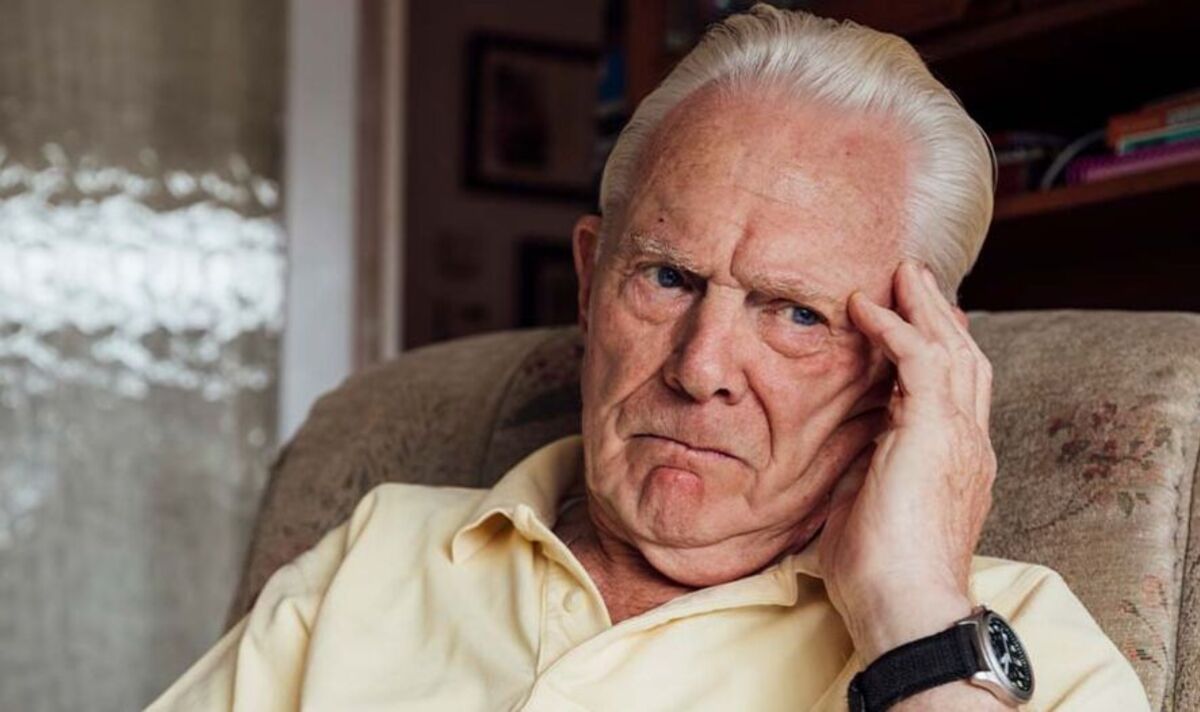A neuroscientist has revealed three early signs of the most common type of dementia.
Robert Love, a neuroscientist who specialises in helping people prevent Alzheimer’s disease with science, took to his TikTok to outline the first symptoms of Alzheimer’s disease to spot.
The neuroscientist explained that picking up the condition as early as possible is crucial and symptom awareness could be key.
Speaking in the video, he said: “The key to stopping or preventing Alzheimer’s disease is catching it early or catching it before it starts.
“The earlier you get started on your prevention programme, the higher the chances are of preventing Alzheimer’s and reversing memory loss associated with Alzheimer’s disease.”
1. Putting things in strange places
The first red flag that Love recommended being aware of is leaving your items in unusual places.
He said: “It’s not just misplacing things, it’s putting things in strange places, so finding car keys where the car keys don’t go, or your phone is underneath your pillow, or something like that.”
2. Social withdrawal
People with Alzheimer’s disease may start to be less sociable, not wanting to see their friends of family, or being less excited to engage in social activities. According to Love, this is an “important early warning” sign.
3. Mood changes
The last early symptom to spot includes changes in your mood. Love said: “Alzheimer’s disease is not just about thinking. Alzheimer’s is also about mood.”
The neuroscientist explained that this symptom may “surprise you” because not many people realise that it could be a sign of the mind-robbing condition.
According to the NHS, other common symptoms of Alzheimer’s disease include:
- Memory problems, such as regularly forgetting recent events, names and faces
- Asking questions repetitively
- Increasing difficulties with tasks and activities that require organisation and planning
- Becoming confused in unfamiliar environments
- Difficulty finding the right words
- Difficulty with numbers and/or handling money in shops
- Becoming more withdrawn or anxious.
The health service recommends speaking to a GP “sooner rather than later” if you’re worried about memory problems or other dementia symptoms.










